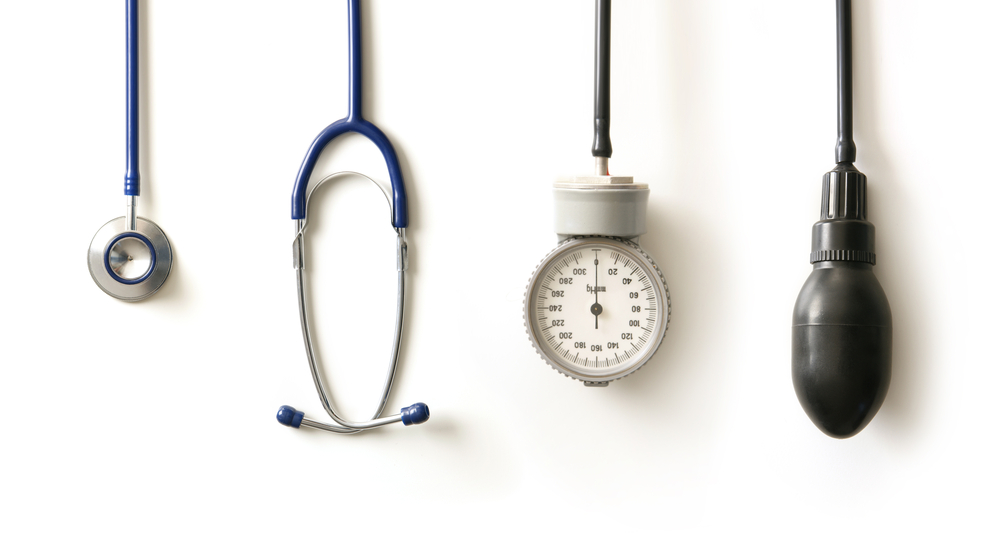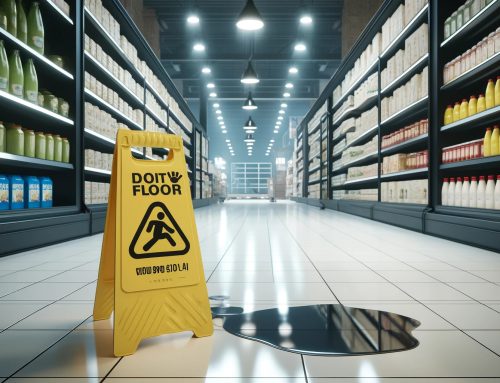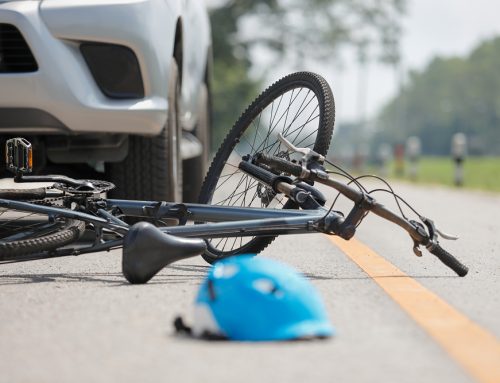Understanding the possible risks of relying only on your primary care physician for medical care is crucial if you have been hurt in a vehicle accident. These are the types of mistakes in car accident cases that can be easily avoided. Although many medical disorders can be treated by primary care physicians, they might lack the specialized knowledge and experience required to identify and treat severe injuries sustained in auto accidents.
Following a car accident, you shouldn’t seek care from your primary care physician alone for the following three reasons:
Lack of specialized training: It’s possible that primary care physicians lack the specialist knowledge required to identify and treat the complicated injuries brought on by auto accidents. For instance, they might not be knowledgeable about the most recent methods and therapies for neck and back injuries, which are frequently sustained in auto accidents.
Inadequate documentation: Primary care physicians might not have the expertise or training required to accurately describe the nature and scope of your injury. In a personal injury lawsuit, this documentation is essential and can be used to back up your claim for compensation.
Opportunities for healing that are offered through specialist medical treatments and therapies may go unnoticed if you rely entirely on a primary care physician. For instance, you might not be directed to a specialist who can perform a more thorough diagnosis of your injuries and who can create a particular recovery plan for you.
After a car accident, Tucker Law’s skilled accident lawyer is aware of how important it is to receive the right medical care. In order to enhance your claim for compensation and to make sure you receive the medical care you require to recover from your injuries, we will work closely with you.
Reduced compensation: You run the risk of getting less money for your losses and injuries if you only go to your primary care physician after a collision. Relying entirely on a primary care physician can provide insurance companies the chance to reduce the severity and consequence of an injury, which is something they frequently try to accomplish.
Delayed diagnosis and treatment: Delaying the diagnosis and treatment of your injury is another risk associated with relying entirely on a primary care physician. To manage your injuries and aid in your recovery, specialized medical procedures and treatments may be required; a primary care physician may not be able to give this level of care.
Lack of knowledge of personal injury laws: Lastly, family physicians might not be fully aware of personal injury laws and how they relate to your case. To ensure that you obtain the compensation you are entitled to, an experienced accident attorney can assist you in navigating the complex legal system and understanding your legal rights.
After a car accident, relying entirely on a primary care physician might have major negative effects on your health, your case, and your compensation. To guarantee that your rights are upheld and that you receive the compensation you are entitled to, it is critical to obtain medical attention from a specialist with experience in diagnosing and treating complicated injuries. To schedule a free consultation and discover more about your legal options, call Tucker Law at 1-800-TuckerWins.
A client’s personal injury lawsuit may be significantly impacted by a primary care physician who lacks experience testifying in and documenting car accident cases. Here are a few scenarios in which this might occur:
- Lack of credibility: Establishing the scope and severity of an injury in a personal injury case can depend heavily on the testimony of medical experts. A primary care physician might not be able to offer reliable testimony that strengthens the client’s case if they haven’t spoken in court before.
- Inadequate documentation: Primary care doctors might not have the education or expertise to adequately describe the scope and effects of an injury in order to support a personal injury claim. In a personal injury case, this documentation is essential and can be used to back up the client’s demand for financial compensation.
- Missed injuries: Specialist expertise and experience may not be available to primary care physicians to evaluate and treat complex injuries resulting from auto accidents. The client’s health and the case may suffer as a result of overlooked or inadequately diagnosed injuries.
- Decreased compensation: The amount of money awarded to the client for their losses and injuries may be reduced if there is insufficient evidence or unreliable testimony. Relying only on a primary care doctor can provide insurance companies the chance to reduce the severity and consequence of an injury, which is something they frequently try to accomplish.
A skilled accident lawyer at Tucker Law will be aware of the significance of appropriate medical care and documentation in a personal injury lawsuit. In order to diagnose and treat complex injuries, as well as to offer reliable testimony and supporting evidence that strengthens our client’s case, we will collaborate closely with medical professionals who have the appropriate education and expertise.
In conclusion, a client’s personal injury case may suffer significantly if they simply rely on a primary care physician who has no experience testifying in or recording a car accident case. To guarantee that the client’s rights are upheld and that they obtain the compensation they are entitled to, it is crucial to seek medical attention from a specialist with experience in diagnosing and treating complex injuries. To schedule a free consultation and discover more about your legal options, call Tucker Law at 1-800-TuckerWins.
In conclusion, it can be dangerous to simply rely on a primary care physician following a vehicle accident. It’s crucial to seek medical attention from a specialist who has experience in detecting and treating complex injuries if you have been hurt in a car accident. To schedule a free consultation and discover more about your legal options, call Tucker Law at 1-800-TuckerWins.







